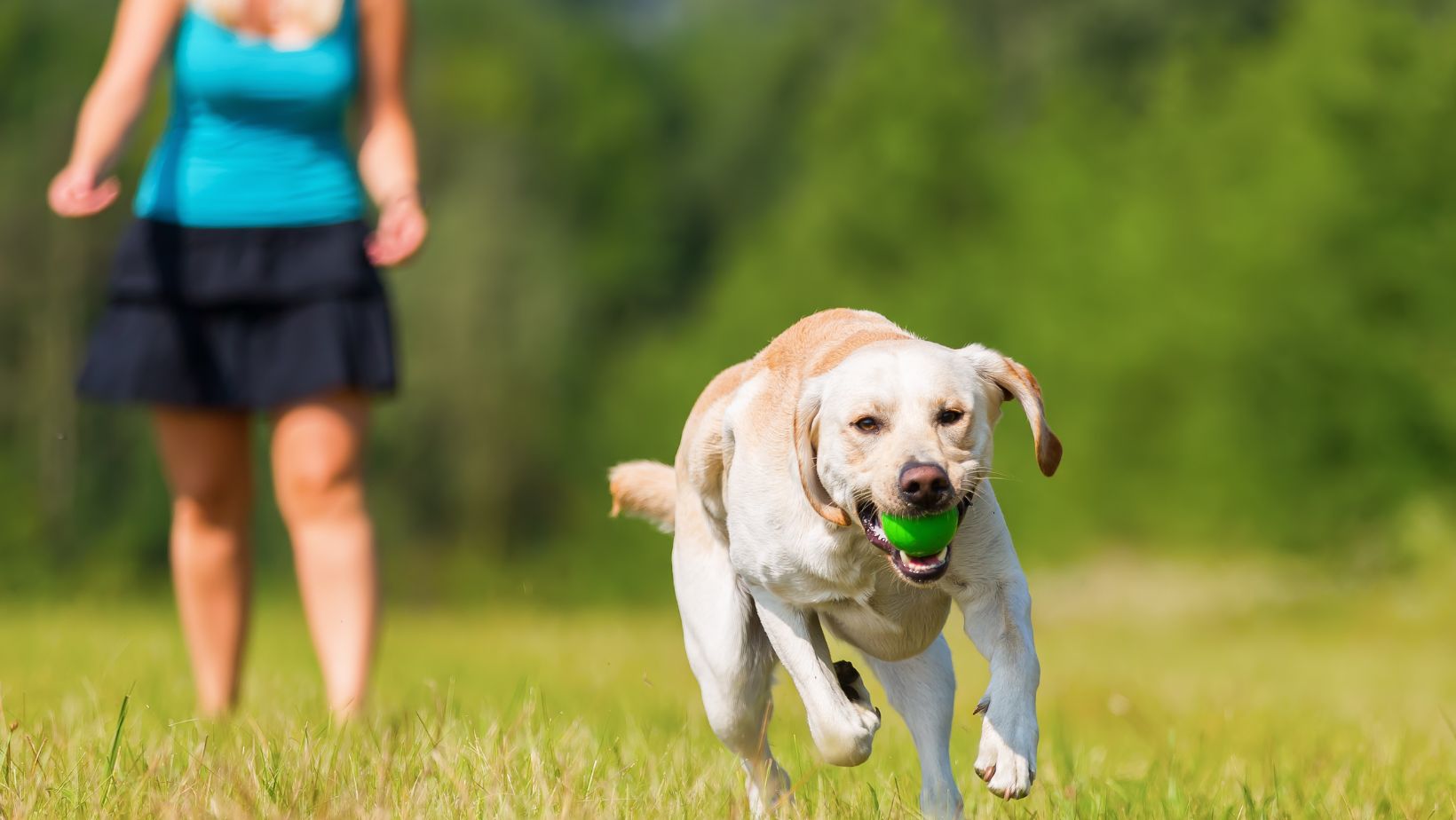How to Get My Dog to Stop Eating Everything
Are you tired of your Labrador constantly munching on everything in sight? Don’t worry, I’ve got some tips to help you put a stop to this behaviour. Labrador Retrievers are known for their love of food and their curious nature, which can make them prone to eating things they shouldn’t. But with a little patience and training, you can teach your furry friend to leave those unwanted items alone.
Firstly, it’s important to understand that dogs explore the world through their mouths. Chewing is a natural instinct for them, especially during their teething phase. To prevent your Labrador from devouring everything in its path, provide plenty of appropriate chew toys and bones. These will satisfy their need to gnaw while keeping them away from harmful objects.
Next, consistency is key when teaching your dog what is acceptable to chew on and what isn’t. Whenever you catch your Labrador attempting to eat something it shouldn’t, calmly say “no” and redirect its attention towards an appropriate toy or bone. Be sure to praise and reward them when they make the right choice. With time and repetition, they will learn what is off-limits.
Remember that training takes time and effort – don’t expect immediate results. If the behaviour persists despite your efforts, consider seeking guidance from a professional dog trainer or behaviourist who specialises in working with Labradors specifically.
By providing alternative chew options and reinforcing positive behaviours, you’ll be well on your way to having a well-behaved Labrador who knows exactly what it should (and shouldn’t) sink its teeth into!
Understanding the Reasons Behind Your Dog’s Behaviour
When it comes to dealing with a dog that seems to eat everything in sight, understanding the underlying reasons behind this behaviour is crucial. As an expert dog blogger, I’ll share some insights into why your Labrador (or any other breed) might be exhibiting this behaviour and how you can address it.
- Exploring their environment: Dogs are naturally curious creatures, and exploring their surroundings is an important part of their nature. This exploration often involves sniffing, licking, and even tasting various objects they come across. For Labradors especially, who have a strong sense of smell, this desire to investigate can lead to them putting things in their mouths.
- Boredom or lack of mental stimulation: Dogs require mental as well as physical exercise to stay happy and content. If they don’t receive enough stimulation through activities like playtime or puzzle toys, they may resort to chewing on objects as a way to alleviate boredom.
- Anxiety or stress: Just like humans, dogs can experience anxiety or stress due to various factors such as separation anxiety, changes in routine, or loud noises. In these situations, dogs may engage in destructive behaviors like excessive chewing as a coping mechanism.
- Attention-seeking behavior: Some dogs learn that by grabbing something they shouldn’t be eating, they quickly capture the attention of their owners. This positive reinforcement encourages them to continue the behaviour as a means of getting attention.
To tackle your Labrador’s habit of eating everything:
- Start by ensuring your dog gets plenty of physical exercise and mental stimulation through daily walks/play sessions.
- Provide appropriate chew toys and interactive puzzles that will keep them engaged.
- Establish consistent routines and create a calm environment for your dog.
- Gradually desensitise them to triggers that cause anxiety or stress.
- Avoid inadvertently rewarding unwanted behaviour by not giving attention when they grab something inappropriate.
Remember, each dog is unique, and it may take time to pinpoint the exact cause behind their behaviour. If the problem persists or becomes a safety concern, consulting a professional trainer or veterinarian can provide valuable guidance.
